The following is a creative writing piece by my daughter Lauren, a junior in high school. Her history teacher asked that the students write a piece from the perspective of an employee who worked in the mill town of Lowell, MA in the early 1800s. Various things were to be included such as what type of job the employee had, what the living conditions were like and what a typical day was like.
I enjoyed reading the piece and thought it would be appropriate to share here on the blog since it pertains to New England history. The resource the students used for the project was the Lowell National Historical Park page on the U.S. National Park Service website. Hope you enjoy!
My name is Rose Johnson, but you can call me Rosie. I live in Lowell, Massachusetts and run one of the many boarding houses along the Merrimack River. If I do say so myself, my boarding house is one of the most desired in town. I sleep 30 mill girls in the house, feeding them, doing their laundry, and cleaning up after them. I do like the busy life, working nonstop throughout the day and settling down after dinner to find out about the new gossip in the mills.
Although working in the boardinghouse has made it feel like I have lived here forever, I do not originally hail from Lowell. I was born and raised in Sturbridge, Massachusetts. I grew up on the farm, but that life was never right for me. Milking cows and tending to the chickens was not my passion, but I stayed even after marrying my dear John because he lived for farming. He would spend hours and hours out in the field without complaint, and our kids, John Jr. (15), Elizabeth (12), Martha (10), and William (6) would run and play with the other kids until dark.
I was content down in Sturbridge, until the dreaded New England winter came and John fell ill with yellow fever and never recovered. As a new widow, I had no idea what to expect or even how to run the family on my own. All I knew was that there was no chance I could stay on the farm without John’s help, and so the children and I packed up our belongings and headed off to Lowell.
I had heard from Thomas Smith down at the printing press that Lowell was a booming mill town with plenty of opportunity for work. His cousin had moved down there and made it big as a mill manager, and informed Thomas that the town was desperate for “boardinghouse mothers”. Two days after hearing this news, we were on our way.
The trip down to Lowell was not much trouble at all. The part of the move I was most worried about was not getting there, but having somewhere to stay once we arrived. The decision to leave was so last-minute that there was no time for planning or sending a letter ahead. Late at night, the five of us stumbled out of the carriage and onto the cobblestone streets dimly lit by oil lamps. There were factories as far as my line of vision could reach.
The alleys were empty for the most part, here and there someone closing up factory doors or shop windows. Right across the street was the river, little houses lined all the way up and down the banks. Most lights were out, except for those of the big boarding houses. As we walked closer to the light shining out of window panes, we could hear the clinking of dishes being washed and laughter coming from the boarding houses.
Taking a chance, I knocked on the front door of one of the bigger houses, and a moment later a smiling old woman answered. Upon seeing the children, clinging onto each other in the cold and half asleep, she flung her arms open and welcomed us in, introducing herself as Betty. In no time, she was whipping up leftover stew and offering us a warm spot in front of the fireplace.
Surrounding us in the living room were 30 or so curious faces, ranging from young women to even younger girls, some no older than my Martha. After an evening of never-ending conversation, my young ones and I retired to bed, I with a new job and all of us with the guarantee of food and shelter for the time being.
Starting before the crack of dawn the next morning, I was up preparing breakfast and doing the laundry with Betty, Elizabeth and Martha setting the tables and tidying up the house. At six o’clock sharp the girls woke up, sat down for a family style breakfast of porridge, sausage, and a biscuit, and were out the door by half past six.
I followed this routine for the following few weeks, every day needing less and less guidance from Betty on how to run the house efficiently. Winter was coming to an end, the climate getting warmer and sickness spreading like wildfire when Betty fell ill. Her old age and overworked body could not take the sickness, and she passed away after just a few days of being bedridden with the fever. Starting that day, my skills were put to the test. Could I successfully run the boarding house alone?
My schedule is pretty consistent from day to day, and chock full of chores down to the minute. I wake before dawn to prepare breakfast and tend to various chores around the house. I also make sandwiches for the girls to take to the mills for lunch. Once I see the boarders off, I spring into action. There were dishes to be done, laundry to be washed, hung up, and folded, beds to be remade, and once that is finished it is time to start making dinner.
Dinner is typically a stew of some sort with varying meats, really whatever cut is the least expensive and most available that day. In between chores and meals I run to the market whenever I have an extra second to spare. Per boarder, I make around $1.25 as a stipend from their salary, and an extra $.25 directly from the mill corporation. Even with this income, money is tight, and I have to worry about my own four children along with my 30 mill girls, whom I practically see as my own kin.
John Jr. was the first of my young ones that I sent to the mills, shortly followed by Elizabeth and then Martha when she turned 11. William stays with me and helps around the house, running errands for me when necessary. It makes my heart ache sending my poor children to the mills, but I know they are in good hands and being watched over by my mill girls, all of whom absolutely adore them.
Around five o’clock is when the trickle of hungry boarders started returning home, and dinner starts promptly at half past five with a bell and the saying of Grace. On Sundays, the mills are closed and I escort the whole group to church in the morning. Eating dinner as a “family” is always my favorite part of the day.
I am privileged enough to hear all about the happenings in the mills, and lately there has been much talk of women speaking up for their rights, something I support and would love to be involved in if I had the time. I try my best to ask all of the girls about their day, because I know how much a small deed like that can mean to someone. This is a little trick I picked up from Betty, oh how I miss her!
When I think back on how drastically my life has changed since John’s passing and leaving Sturbridge, I really would not ask for a different lifestyle, even if I had the chance. I do wish that I did not have to send my children to work in the mills, but we try not to let the tedious days get in the way of our high spirits, and I know that even though hours and hours of hard work is tough, my children and mill girls are being treated properly in the factories.
I am very glad that I decided to move to Lowell when I did, because if I had not I would never have been given this opportunity to make a positive impact on the lives of all these girls, and nonetheless teaching my children valuable life lessons.

My name is Deb Cohen, and I am a lifelong resident of Connecticut, a lover of all things historic and New England, and a realtor who helps buyers and sellers achieve their real estate goals and dreams. When I’m not working, I enjoy life with my husband, our two adult children, and our two rescue pups. Renovating and decorating our historic home, dating to 1800, is another favorite pastime.
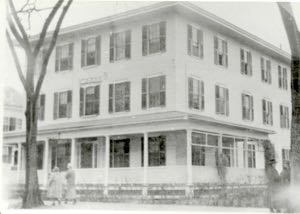

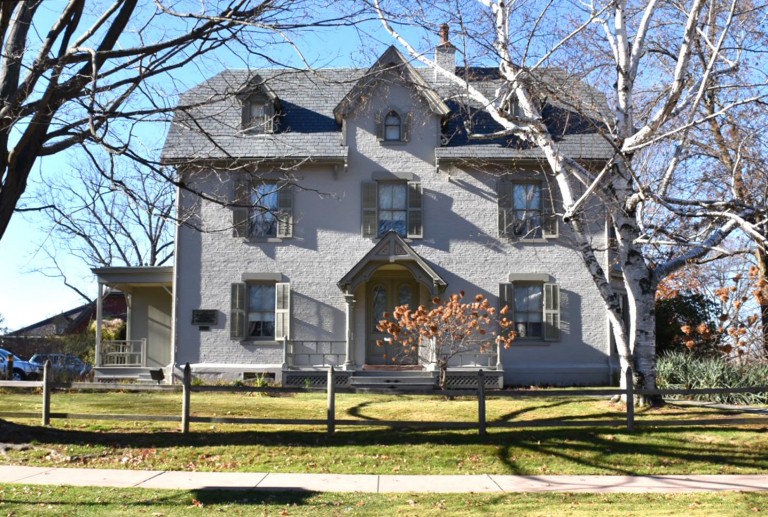
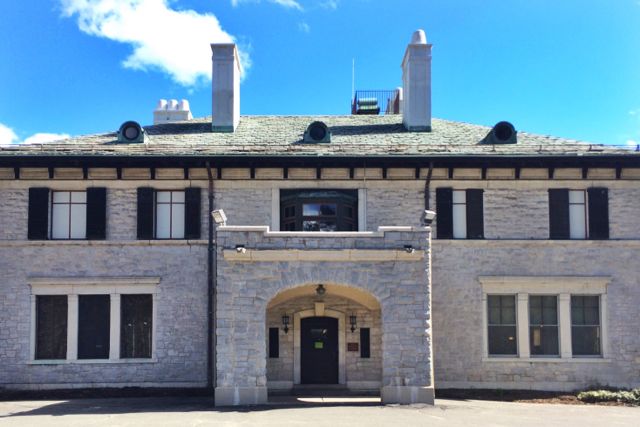







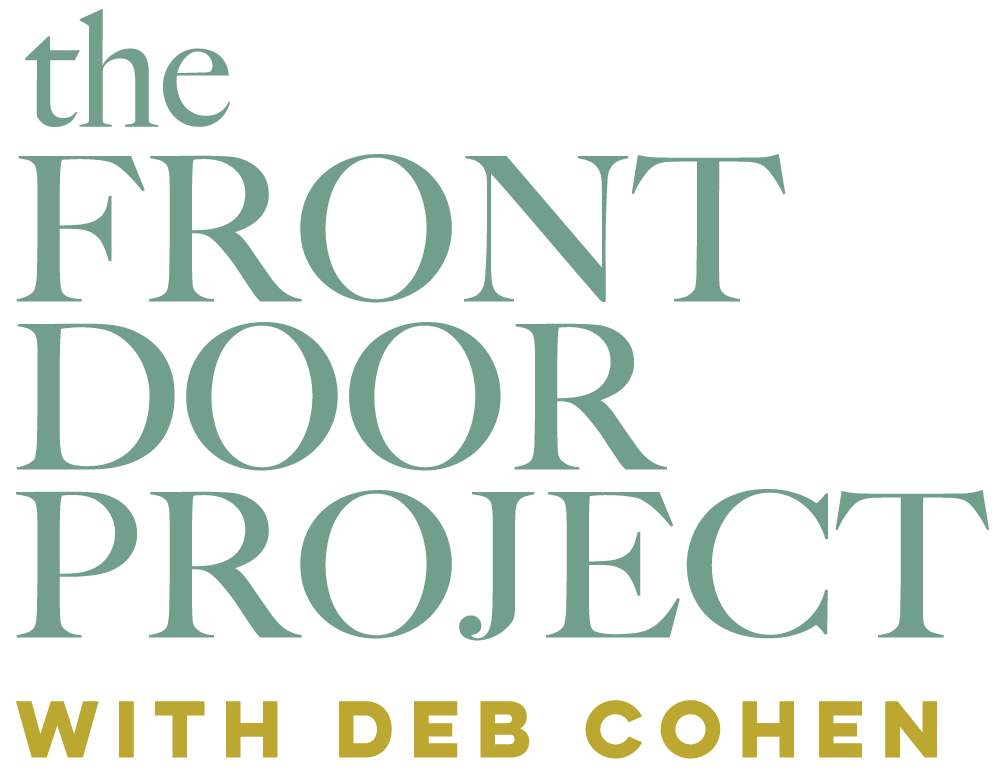
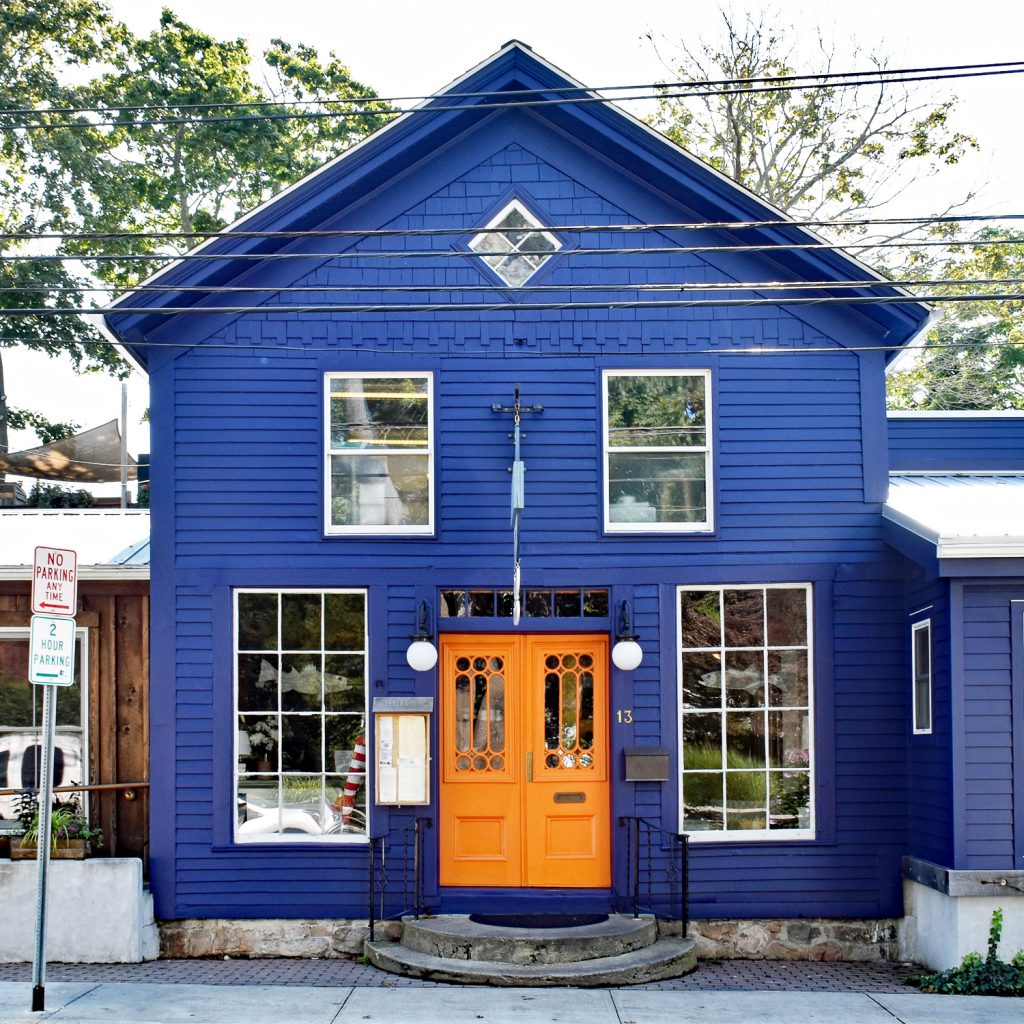

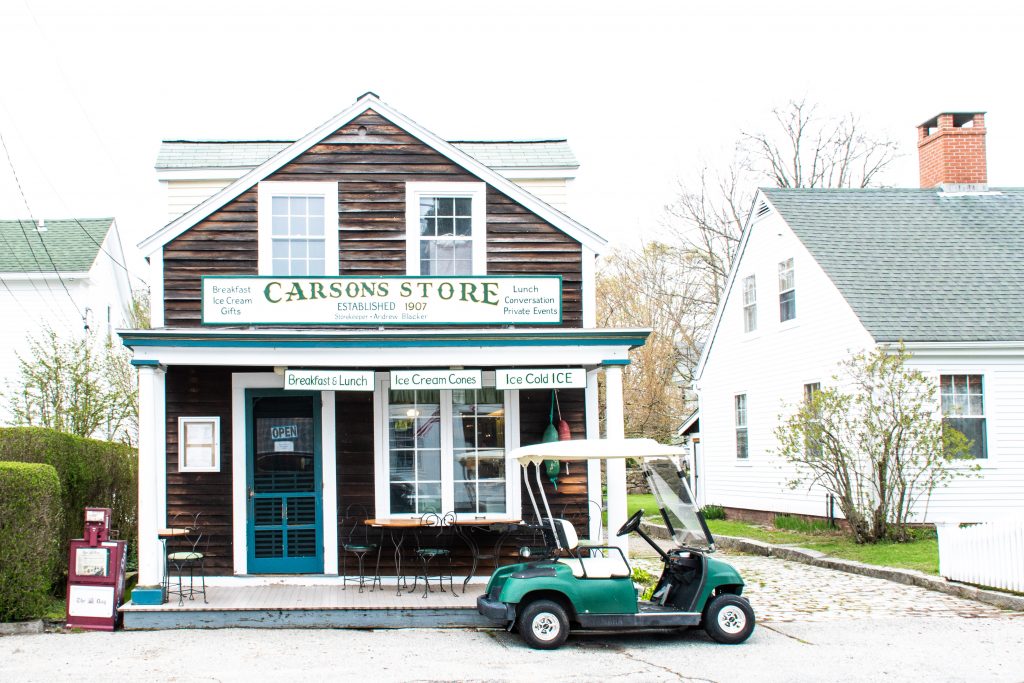
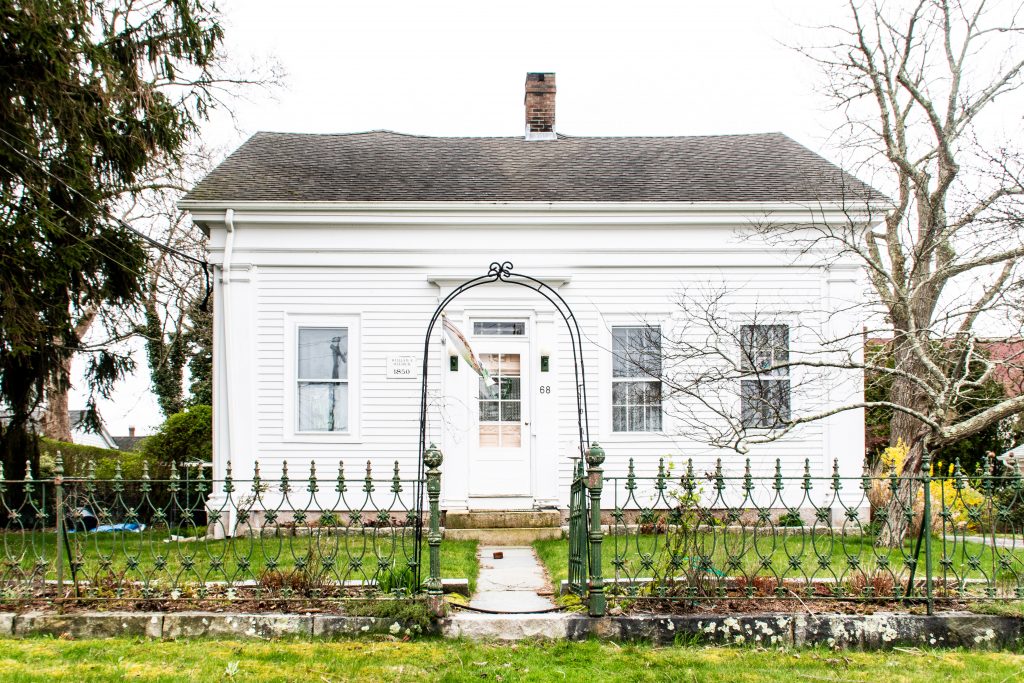
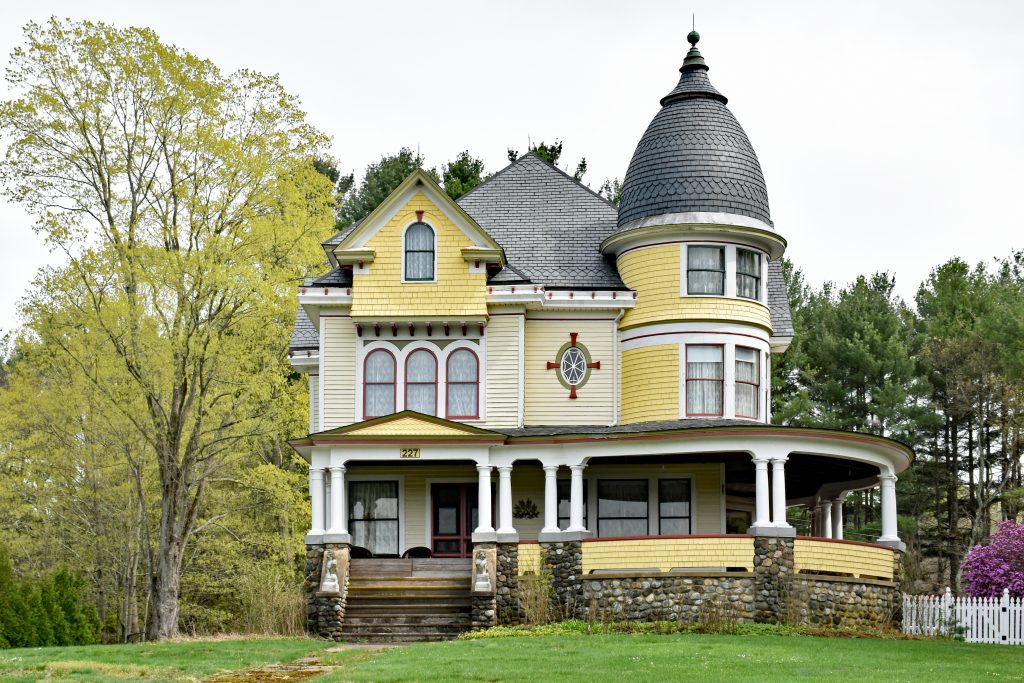

Enjoyed this and you should be proud. Also, I liked that you are following my blog. (I should say honored) Thank you.
Thanks so much John! That is much appreciated 🙂 I will pass along your comment to my daughter – I am proud of her 🙂
I hope your daughter got a good grade on this because it is an excellent piece. My grandfather worked in a furniture mill, my uncle and cousin owned a paint brush mill, my aunt worked in a shoe mill, and my mother worked in a dress factory. Hard, honest work. Please tell your daughter thanks for sharing her assignment.
Thank you so much Judy! I will pass this on to her. It makes me so sad today when I see these old mill buildings vacated. I wish we still made things here like we used to!! That really is an amazing family history you have. I’m sure you have heard many great stories.
Lauren did an excellent job. The piece was very interesting.
Thanks, Janine! I always enjoy reading something by my kids 🙂
Thanks so much Janine!! I will pass that on to her 🙂
Lovely piece of writing, and very interesting historically.
Thank you Jean! I love when teachers assign something a little different. Allows the kids to learn in a more interesting way!
Very nicely done.
Thanks so much Dan! It’s not often I get to see a piece of writing by one of my children. They do everything on Google Docs now so they type it on the computer and submit it to their teachers directly. Never print it out! So I was happy that Lauren wanted me to read this.